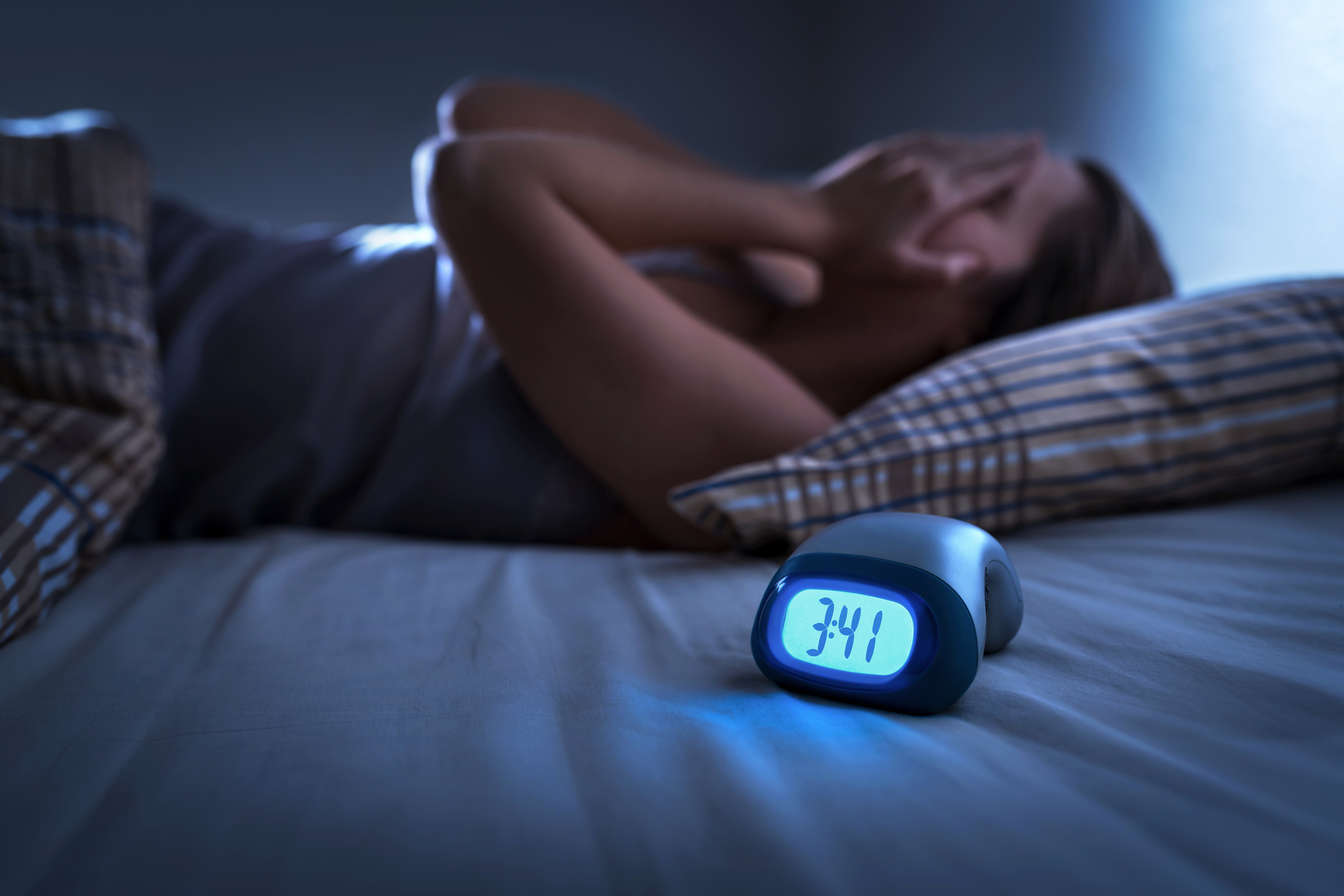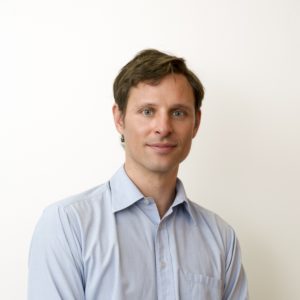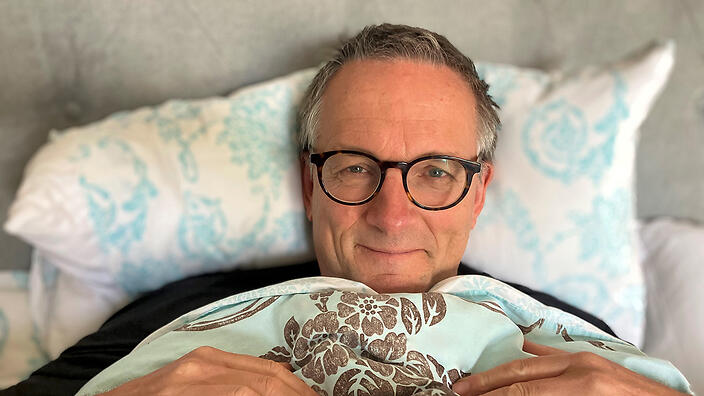
Flinders’ leading sleep researchers are on the hunt for participants to take part in a ground-breaking sleep treatment program, set to be featured as part of a new SBS documentary series, Australia’s Sleep Revolution with Dr Michael Mosley.
Adults aged 18 years or above who have been diagnosed with one or more sleep disorders – obstructive sleep apnoea (OSA) or insomnia – and are not receiving treatment or are being inadequately treated are invited to take part, as are those who suspect they may have one or both conditions.
The conditions can be related to anything, including work (due to stress and shift work), night terrors, the household environment, lifestyle, or as a result of being affected by others in their family (such as snorers or young children).
Participants must be willing to be treated and be selected to have their experience intermittently filmed as part of the show, with the trial to run from November 2022 to the end of March 2023.

Not all participants who take part in the treatment program will feature equally in the TV series. While some may only appear very briefly on screen, all will participate in the same ground-breaking sleep treatment program.
The trial’s principal investigator Professor Danny Eckert, Director of Flinders University’s sleep clinic FHMRI: Sleep Health, says the goal of the research project is to use the latest approaches to diagnose and understand specific sleep disorders and their causes to help patients and their doctors select the most appropriate treatment option.
“The trial will include the use of monitoring technology in the patient’s home to help decide which therapy or therapies are most appropriate, which could include cutting-edge treatments for insomnia and OSA that are available for clinical use, as well as new and emerging treatments and treatment approaches that are in development,” says Professor Eckert.
“Current approaches to diagnose and treat common sleep disorders, including the use of continuous positive airway pressure (CPAP) machines to treat OSA or cognitive behaviour therapy for insomnia, are often imprecise and can be difficult to access. We want to develop and test new targeted treatments so that individuals can ultimately receive the most appropriate treatment or treatments for their specific needs upfront.
“Throughout the study we will also investigate the use of new approaches to more comprehensively identify the different causes of sleep disorders, including the use of new technologies that can be used in the home, in the hope of using this to further tailor treatment for each person.”
More than 20 Flinders researchers and staff will take part in the trial and the accompanying television show, which aims to alert Australia to the dangers of poor-quality sleep and the potential solutions.
“Missing out on sleep or having a sleep disorder that robs you of good quality sleep can have serious short- and long-term health consequences, so it’s important we find the right treatments,” says Professor Eckert.
“Being able to put sleep research on national television and educate people, not only about the dangers of poor sleep but also the treatments available and the research that is going in to improve them, is a coup for our team.”

What does participation in this research involve?
As the goal of the project is to provide targeted treatment solutions for sleep disorders based on individual needs and requirements, everyone’s experience will be different.
Certain components will be common including two stages of pre-screening, a screening visit at the sleep clinic and development of a treatment plan, followed by testing, overnight sleep studies and a post-treatment review.
Any in-person assessments will be conducted at the Nick Antic Sleep Laboratory in the Mark Oliphant Building at Flinders University in Bedford Park, or in some cases in the participants’ homes.
This study has been approved by Flinders University’s Human Research Ethics Committee (Project ID 5655).
Read more on the participant flyer or for further information and to apply for participation in the documentary, click here.

